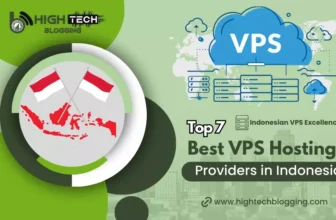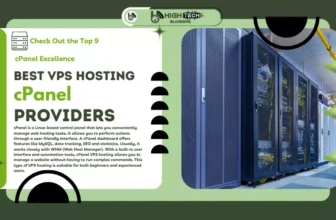One of the first considerations you’ll need to make once you’ve decided to take the plunge into eCommerce is where you’ll host your online business. There are a variety of hosting providers out there, so we’ve put together this list of the best eCommerce Hosting platforms to help you choose the one that’s right for you. As an eCommerce business, you have slightly different requirements than a service business or a publisher. After all, you’re handling monetary transactions that your customers expect you to keep secure.
With so many E-Commerce Hosting Providers on the market, the question is which one will meet your needs as an eCommerce entrepreneur and provide you with the features you need and the support and security to make your website work and your customers trust you. We’re sure you’ll find a provider on our list of the best eCommerce hosting providers, but we also want to give you some important points to look for in a provider if you decide to do your own research.
Table of Contents
What to Look for in the Best eCommerce Hosting Providers
When you’re trying to find the best eCommerce hosting provider for your business, there are a few things to consider. Of course, price is important, but we’re not going to talk about that right now. As you will see in our list, there are high-quality hosting providers for different budgets. So, apart from the budget, you should be clear about the following points before choosing an eCommerce hosting provider:
SiteGround
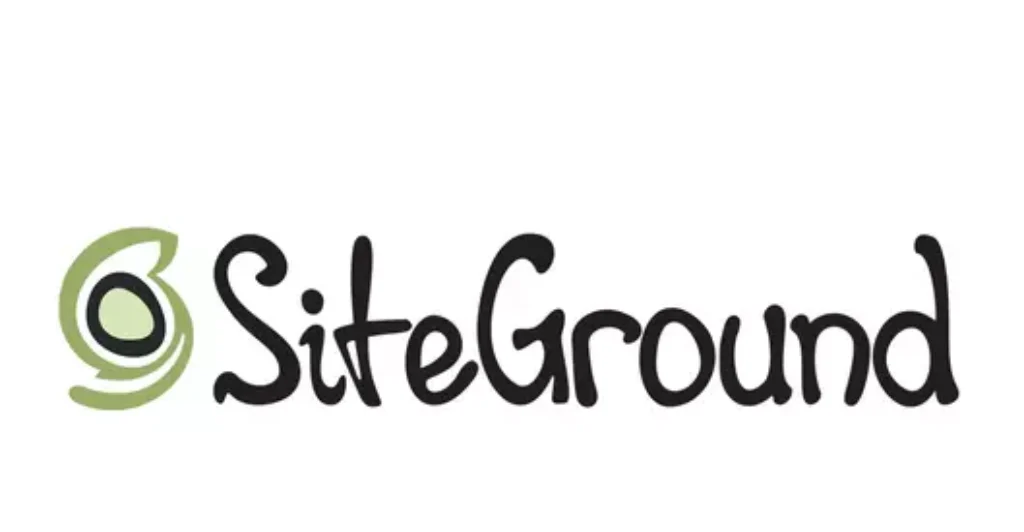
SiteGround:
SiteGround offers an excellent eCommerce hosting experience for small businesses and provides custom hosting for some of the bigger names in eCommerce platforms like Magento, WooCommerce, PrestaShop and others. The support team of this provider is great and the security features are exactly what you should be looking for to protect your customers’ data.
2. Free Cloudflare CDN with intelligent caching.
3. Free pre-installed SSL (via Let’s Encrypt).
4. Managed updates
5. Daily backups
6. Staging Site (GrowBig & GoGeek plans)
7. Custom WAF (Web Application Firewall)
8. AI anti-bot system that blocks millions of security threats every day.
9. Uptime: 99.99%
10. Page load time: 716ms
SiteGround Support
SiteGround offers 24/7 phone and live chat support and a comprehensive knowledge base.
SiteGround Security
SiteGround offers a free SSL certificate from Let’s Encrypt and an internal monitoring system that checks your server status twice a second. This monitoring system detects and fixes many of the problems that occur all the time and helps prevent problems in the future. The provider also offers advanced spam protection that filters both incoming and outgoing messages.
SiteGround Advantages & Disadvantages


Pros
Cons
SiteGround Pricing:
If you’re looking for a fast hoster with excellent uptime and want to use WooCommerce from the start, there’s probably no better option than SiteGround. The company offers three pricing plans:
| Plan | Starting Price |
| StartUp: | $4.99/month (with annual billing; renews to $14.99/month) |
| GrowBig: | $7.99/month (with annual billing; renews at $24.99/month) |
| GoGeek: | $14.99/month (on annual billing; renewable at $39.99/month) |
If you want features like PCI-compliant servers (which you do if you’re an eCommerce business), you should opt for the GrowBig or GoGeek plans.
Bluehost
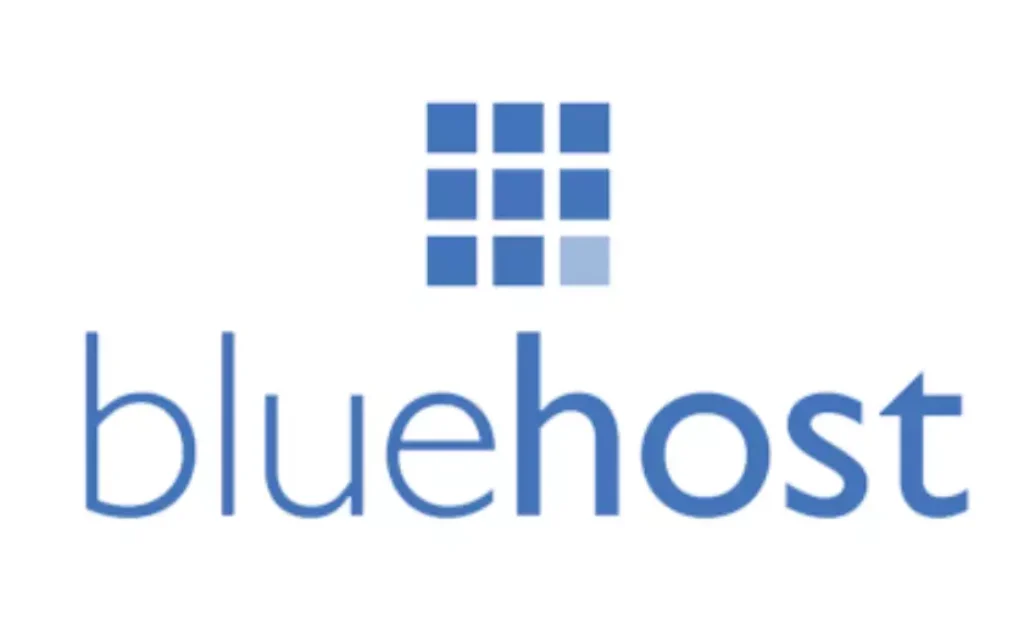
Bluehost:
Bluehost is simply one of the most popular website hosts. You get simple shared hosting at a ridiculous price (starting at $2.75/month if you sign up for three years). Bluehost is the preferred host for WordPress, so it has an automatic setup for WordPress. You can access WordPress plugins and other applications through the Marketplace.
2. OS Commerce shopping cart
3. Agora shopping cart
4. Cube Cart shopping cart
5. Zen Cart shopping cart
6. Free-generated certificate
7. Password-protected directories
8. OpenPGP/GPG encryption
9. Uptime: 99.96%
10. Page load time: 688ms
Bluehost Support
Bluehost offers 24/7 customer support via email, live chat and phone. They also have a solid knowledge base and blog.
Bluehost Security
For security, Bluehost offers a free SSL certificate, spam-assassin protection, hotlink protection, and SSH access. For an eCommerce business, we recommend that you purchase a premium SSL certificate (which you can purchase through Bluehost).
Bluehost Advantages & Disadvantages


Pros
Cons
Bluehost Pricing:
Since Bluehost is so closely tied to WordPress, it only makes sense to use the WordPress eCommerce plans, as they allow for seamless integration with the WooCommerce plugin. There are two plans to choose from:
| Plan | Starting Price |
| Standard: | $29.95/month, $191.40/year, or $466.20/3 year term. |
| Premium: | $49.95/month, $395.40/year, or $898.20/3 year term. |
2. Email advertising
3. Unlimited number of products
4. WooCommerce installed
5. Installed storefront theme
6. Customer product reviews
7. Website traffic analysis
8. 24/7 customer support
9. Payment processing (one-click installation)
10. Manual order creation
11. Discount codes
12. 1-year Code Guard Backup Basic
13. 30 days Office 365
InMotion Hosting

InMotion Hosting:
InMotion has low prices and a comprehensive feature set. Its eCommerce hosting plans could be a good choice for smaller stores or eCommerce businesses just entering the market. Even with the shared server option, you have scaling options to grow, but we recommend upgrading to a VPS plan as you grow.
2. SSD storage
3. Free SSL
4. Unlimited bandwidth
5. BoldGrid website creation
6. eCommerce enabled (Power and Pro plans)
7. Automatic backups
8. Uptime: 99.91%
9. Page load speed: 389ms
InMotion Hosting Support
InMotion Hosting offers 24/7 live chat, phone, and knowledge base support.
InMotion Hosting Security
InMotion has partnered with Corero Network Security to offer a Smartwall Threat Defense System (TDS). The TDS is a system of DDoS protection devices that can detect, mitigate and eliminate DDoS attacks. However, we have heard that InMotion is not very good in this area unless you have a VPS or Dedicated Server.
InMotion Hosting Advantages & Disadvantages


Pros
Cons
InMotion Hosting Pricing:
InMotion’s prices start at $5.99/month for hosting on a shared server. If you need VPS hosting, prices start at $31.99/month (for a 3-year term). For Dedicated Hosting, the price rises to $99.99/month (for a term of 1 year).
| Plan | Starting Price |
| Shared Hosting: | $5.99/month |
| VPS Hosting: | $31.99/month (for a 3-year term) |
| Dedicated Hosting: | $99.99/month (for a term of 1 year) |
A2 Hosting
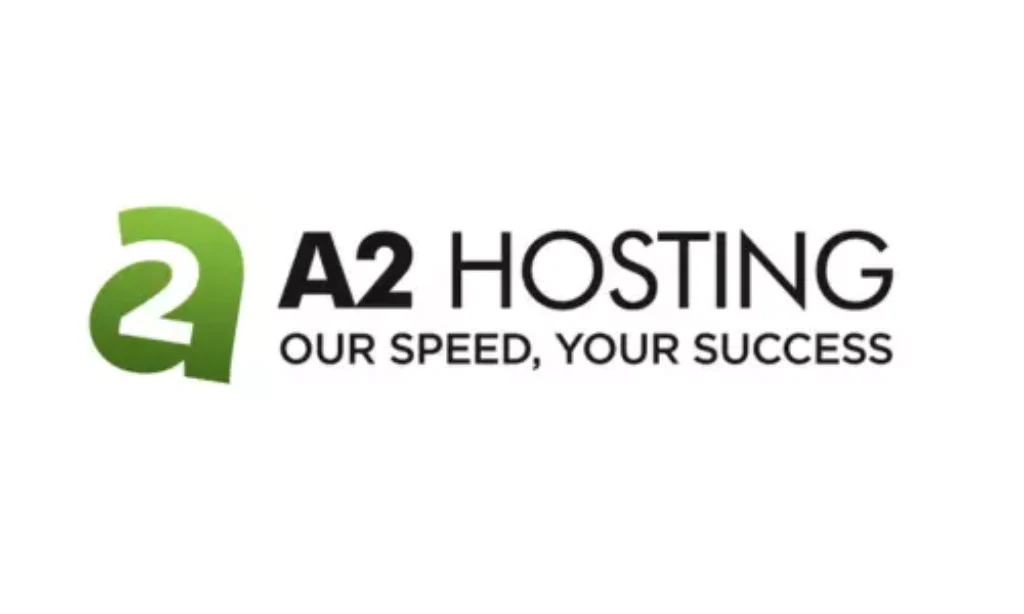
A2 Hosting:
A2 Hosting offers eCommerce hosting for small businesses with most of the popular eCommerce platforms like WooCommerce, Magento, PrestaShop and OpenCart. They offer a whole range of hosting options, from various levels of shared, VPS, reseller and dedicated hosting plans. You should choose a VPS hosting plan for the eCommerce features you need.
2. Automatic backups
3. Server rewind functionality
4. Dedicated IP addresses for a low monthly fee
5. Free SSL certificates
6. One-click setup for many eCommerce platforms
7. Uptime: 99.97%
8. Page load speed: 285ms
A2 Hosting Support
A2 Hosting has excellent customer support. Like many of the other eCommerce hosting providers on our list, they offer 24/7 support via phone and live chat. However, what really sets them apart is their response time.
A2 Hosting Security
The free SLL certificate ensures the security of your website and your customers. A2 Hosting also offers its own Perpetual Security platform, which includes HackScan to protect against attacks, a dual-hosting firewall and reinforced distributed DDoS protection.
A2 Hosting Advantages & Disadvantages


Pros
Cons
A2 Hosting Pricing:
While shared hosting starts at $2.99/month (for a 3-year term), A2 Hosting recommends VPS hosting as a minimum for eCommerce businesses. VPS plans start at $4.99/month (for a 3-year term). This includes:
| Plan | Starting Price |
| Shared Hosting: | $2.99/month (for a 3-year term) |
| VPS Hosting: | $4.99/month (for a 3-year term) |
2. 150 GB of RAID-10 SSD storage
3. 2 TB of transfer
4. 1 server core
5. Root access
6. Integration with your eCommerce platform
HostGator
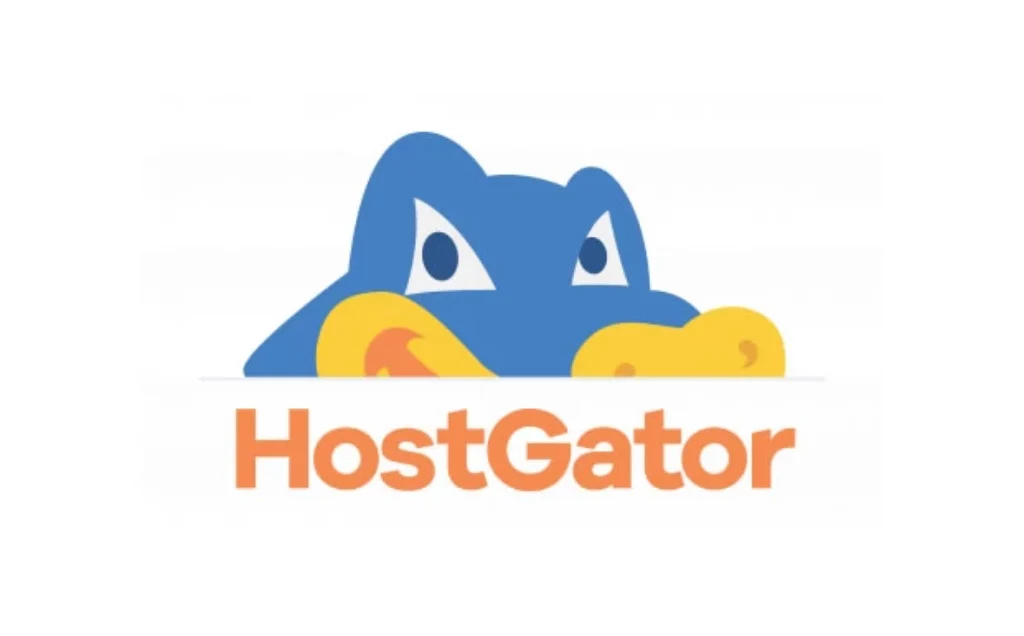
HostGator:
HostGator is another eCommerce hosting provider that has been around for ages. It offers a variety of hosting plans, a free SSL certificate, easy WordPress installations and a free domain for the first year. The hosting plans include the standard – shared hosting, VPS and dedicated – as well as WordPress hosting and a web builder.
2. Unmetered bandwidth and storage space
3. Free SSL certificate
4. Free dedicated IP (business plan).
5. Free positive SSL upgrade (business plan)
6. One-click setup for many eCommerce platforms
7. Uptime: 99.93%
8. Page load speed: 734ms
HostGator Support
HostGator offers 24/7 live chat, phone support, and even support on Twitter. It also offers an extensive knowledge base.
HostGator Security
HostGator offers a free SSL certificate by default and 24/7 server monitoring and flood protection to prevent DDoS attacks. With the business plan, you get a private SSL certificate for more security.
HostGator Advantages & Disadvantages


Pros
Cons
HostGator Pricing:
As mentioned earlier, HostGator offers shared, VPS, dedicated and other hosting plans. Any plan will work for your eCommerce store, but you will probably want to run with the business plan for the dedicated IP address, dedicated SSL, and the addition of shopping carts and payment gateways. The business plan starts at $5.25/month for a 36-month commitment.
| Plan | Starting Price |
| Shared Hosting: | $3.75/mo* |
| VPS Hosting: | $23.95/mo* |
| Dedicated Hosting: | $89.98/mo* |
| WordPress Hosting: | $5.95/mo* |
| Reseller Hosting: | $19.95/mo* |
DreamHost

DreamHost:
DreamHost has also been on the hosting scene for some time and is another great WordPress partner. This hosting provider offers a custom control panel and a number of tools to facilitate the creation of the best website. DreamHost is run by employees, is committed to security and offers 24/7 support. Uptime and page load speeds are a drawback when comparing DreamHost to the other eCommerce hosting providers on our list.
2. Solid-state hard drives
3. Unlimited traffic (does not include DreamPress).
4. Free SSL certificate
5. Free daily backups
6. Uptime: 99.90%
7. Page load speed: 1320ms
DreamHost Support
DreamHost has an award-winning customer service. You can reach support 24/7 via email, but live chat is available from 3:00 AM-9:30 PM PT via the panel. DreamHost also has a knowledge base.
DreamHost Security
Every DreamHost plan comes with the default SSL certificate for free and you can also get their malware remover.
DreamHost Advantages & Disadvantages


Pros
Cons
DreamHost Pricing:
DreamHost’s shared hosting plans start at $2.59/month for a 3-year term. The entry-level plan does not include email, so we recommend the unlimited plan instead, which starts at $3.95/month (3-year term). Of course, a better option for your business would probably be the VPS hosting, which starts at $10/month (3-year term).
| Plan | Starting Price |
| Shared Hosting: | $2.59/month (3-year term) |
| Shared Unlimited: | $3.95/month (3-year term) |
| VPS Hosting: | $10/month (3-year term) |
WP Engine
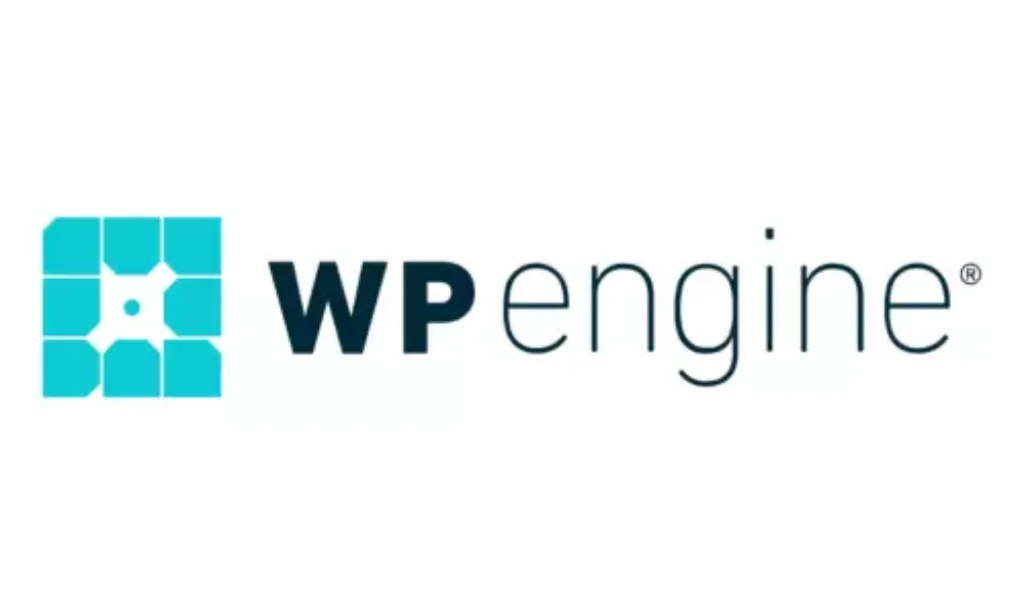
WP Engine:
As the “WP” in its name suggests, WP Engine is designed for WordPress. It is a bit different from the other eCommerce hosting providers on our list because WP Engine is a managed hosting provider. With managed hosting, the hosting company takes care of the setup, administration, management and support of your server. However, you still have to install the WooCommerce plugin yourself, so don’t get too excited. WP Engine has partnered with WooCommerce to provide comprehensive documentation and feature options to keep your eCommerce website running well on the backend.
2. Optimized store theme
3. WooCommerce template
4. Automated plugin updates
5. 24/7 support
6. 10 premium themes
7. Free automatic migrations
8. Daily backups
9. Free SSL and SSH
10. One-click staging site
11. Uptime: 99.95%
12. Page load speed: 305ms
WP Engine Support
WP Engine offers 24/7 support via email and you can log into your account to get personalized support. WP Engine also has an extensive, well-organized knowledge base, and their support is known for being incredibly helpful and, well, supportive.
WP Engine Security
WP Engine takes care of patches and upgrades for you and keeps your infrastructure secure. WP Engine offers real-time threat detection, security audits, code reviews, and more. Plus, there’s a guarantee that WP Engine will fix everything if your website gets hacked.
WP Engine Advantages & Disadvantages


Pros
Cons
WP Engine Pricing:
WP Engine is a powerful eCommerce hosting option that doesn’t come cheap. The eCommerce-specific plans start at $30/month and are billed at $360/year. Of course, for a managed hosting service that deals a lot so you don’t have to, that just might be worth it to you.
| Plan | Starting Price |
| eCommerce Hosting: | $30/month & are billed at $360/year. |
Shopify

Shopify:
Shopify is a hosted e-commerce platform that is a bit different from the e-commerce hosting providers mentioned earlier. With Shopify, you choose a template that fits your industry, customize your storefront to your brand, configure your settings, and add products. It’s an incredibly easy-to-use and popular eCommerce platform.
2. Unlimited bandwidth and online storage space
3. Shopify point of sale
4. Gift cards
5. Online sales channels
6. Fraud analysis
7. Manual order creation
8. Discount codes
9. Dashboard with employee overview
10. Financial reports
11. Customer support
Shopify Support
Shopify offers 24/7 phone and live chat support as well as phone support, social media support, a community forum, email support, video tutorials and more.
Shopify Security
Shopify is an eCommerce platform and as such, it is automatically secure for your eCommerce store. The platform takes care of security threats, updates and is PCI-compliant. SSL security is included in all packages.
Shopify Advantages & Disadvantages


Pros
Cons
Shopify Pricing:
There are 3 Shopify Plans with Different Features:
| Plan | Starting Price |
| Shopify Basic: | $29/month |
| Shopify: | $79/month |
| Advanced Shopify: | $299/month |
Wix
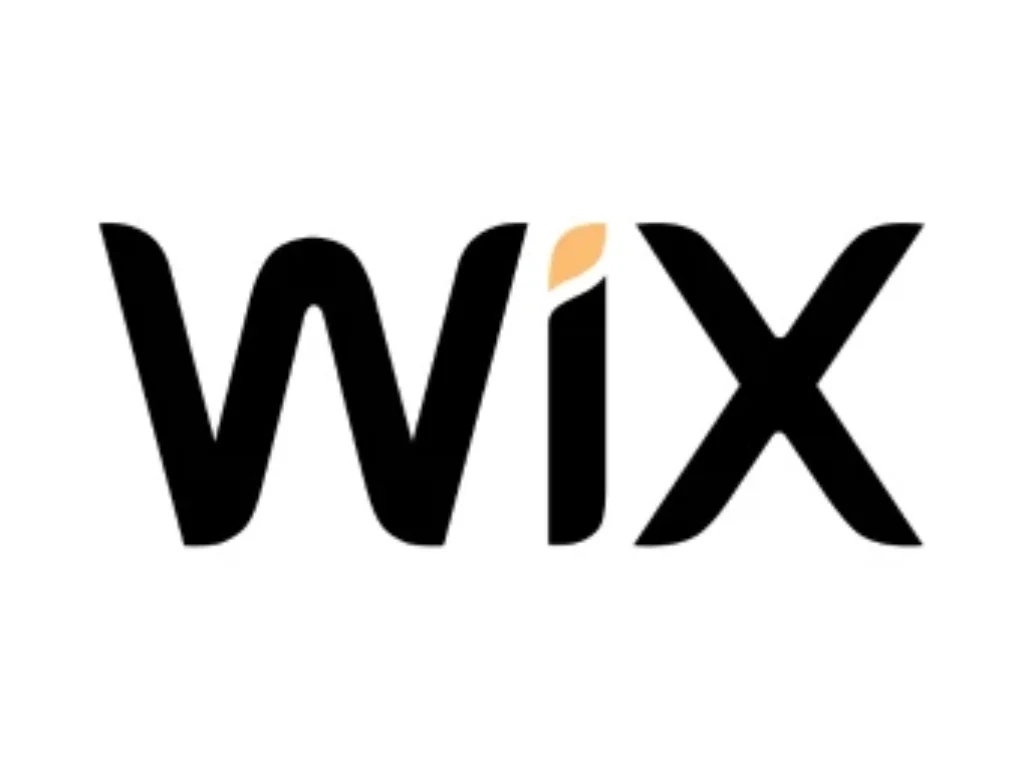
2. Plans and recurring payments
3. Customer accounts
4. Custom domain (free for the first year).
5. Remove Wix ads
6. Unlimited products
7. Recovery of canceled orders
8. Social selling
9. Uptime: 99.95%
10. Page load speed: Varies
Wix Support
Wix offers excellent support with several options, including 24/7 support for the on-page editor, an extensive knowledge base, and support via phone, social media, forum, video tutorial, and email.
Wix Security
Wix offers SSL support and is PCI compliant, so your customer transactions are safe and secure.
Wix Advantages & Disadvantages


Pros
Cons
Wix Pricing:
Wix Offers 3 Plans Specifically for Businesses & E-commerce Stores:
| Plan | Starting Price |
| Business Basic: | $17/month |
| Business Unlimited: | $25/month |
| Business VIP: | $35/month |
BigCommerce

BigCommerce:
BigCommerce is a powerful and scalable hosted eCommerce platform – like Shopify, but a bit more robust. It has a lot of features that make it less user-friendly than Wix or Shopify. Still, the prices are within the range of what you would expect from a platform like Shopify. So if you’re looking for a hosted eCommerce solution, BigCommerce is worth a look.
For more details about BigCommerce, check out our BigCommerce review.
2. Mobile optimization
3. Theme and checkout customization
4. Coupons & discounts
5. Supports digital wallets
6. Social selling, marketplaces, brick-and-mortar stores and multiple storefronts
7. Uptime: 99.99%
8. Page loading speed: —
BigCommerce Support
BigCommerce support varies depending on the plan you use. As a minimum, you get 24/7 phone and live chat support. BigCommerce also offers email support and an extensive help center.
BigCommerce Security
BigCommerce is designed with eCommerce in mind. That means PCI compliance, site-wide SSL, DDoS protection, and more.
BigCommerce Advantages & Disadvantages


Pros
Cons
BigCommerce Pricing:
Bigcommerce Offers Four Different Pricing Categories:
| Plan | Starting Price |
| Standard: | $29/month |
| Plus: | $79/month or $863.40/year |
| Pro: | $299/month or $3239.52/year |
| Enterprise: | According to offer |
Conclusion
In conclusion, choosing the right e-commerce hosting platform is crucial for the success and growth of your online business. The diverse range of options available in the market allows you to find a hosting solution that aligns perfectly with your specific needs and goals. By carefully evaluating factors such as performance, security, scalability, integrations, and affordability, you can make an informed decision that sets your online store up for success.
The top e-commerce hosting platforms mentioned in this article offer an array of features and benefits to cater to different business sizes and requirements. Whether you’re a small startup or an established enterprise, there’s a hosting solution that can meet your needs. These platforms prioritize speed, reliability, and data security to ensure a seamless shopping experience for your customers, ultimately contributing to increased conversions and customer satisfaction.
Remember, the world of e-commerce is constantly evolving, and staying up to date with the latest trends and advancements in hosting technology is crucial. Regularly assessing your hosting requirements and exploring new options will help you adapt to changing market demands and maintain a competitive edge. With the right e-commerce hosting platform at your disposal, you can focus on growing your business, reaching a wider audience, and achieving long-term success in the dynamic online marketplace.
FAQ’s
Do Hosting Providers Offer Ecommerce-specific Plans?
While some hosting providers may offer specific eCommerce plans, often these plans are merely a label to assure business owners that they are suitable for their online stores. In reality, many eCommerce plans are built upon existing shared or VPS hosting plans that have already been optimized for eCommerce purposes.
It is worth noting that several eCommerce hosting providers, including those featured in our list, do offer specialized features tailored to enhance the eCommerce experience.
Can You Build an Online Store With Your Hosting Provider?
Occasionally, certain hosting providers, such as HostGator and others featured in our list, provide their own website builders. However, it is important to note that these built-in website builders may not possess extensive capabilities and might lack certain essential features required for creating a robust eCommerce website.
What is Shared Ecommerce Hosting?
Shared hosting is typically advisable for smaller-scale eCommerce stores, as it involves hosting your website on a server shared with multiple other sites. The term “shared” in “shared hosting” implies that you will be sharing the server’s physical space and resources with other users.
What is Dedicated Ecommerce Hosting?
With dedicated hosting, your website is allocated its own server, distinct from other sites. This hosting option tends to be pricier but offers enhanced performance since you are not sharing resources with other websites as you would with shared hosting. The dedicated server provides exclusive access to computing power, memory, and storage, resulting in improved overall performance and reliability for your website.
What is VPS Ecommerce Hosting?
A VPS, which stands for “virtual private server,” operates on the concept of sharing resources from a single server. However, unlike shared hosting, your website obtains its own virtual space, operating system, and bandwidth within the server.
This setup grants you improved performance as your website enjoys dedicated resources, ensuring enhanced speed, reliability, and flexibility. In essence, a VPS provides a balance between cost-effectiveness and performance, making it an attractive hosting solution for many businesses.
Can I Use Shopify With My Own Hosting Provider?
No, it is not possible to separate hosting from Shopify as it utilizes integrated hosting, meaning that hosting is inherent to the Shopify platform. Despite this limitation, Shopify remains an excellent choice for numerous eCommerce businesses. It provides essential features such as PCI compliance to ensure secure transactions, and it offers unlimited bandwidth, enabling seamless scalability and optimal performance for your online store.
Alex Colt is a tech blogger who is deeply passionate about technology. He writes on an array of subjects ranging from the latest smartphones and laptops to the newest gadgets and consumer electronics. Alex’s blog simplifies complex technological concepts into easy-to-understand language, providing insights into the tech world. Furthermore, he shares useful tips and tricks for maximizing the use of devices and staying abreast of the most recent trends. Alex’s unwavering commitment to educating his readers about the ever-evolving realm of tech has made him a respected and trustworthy figure in the tech community.
To read more similar articles, click here.
Thanks for visiting our Website. If you appreciate our work, kindly show us some support in our comments section 🙂


